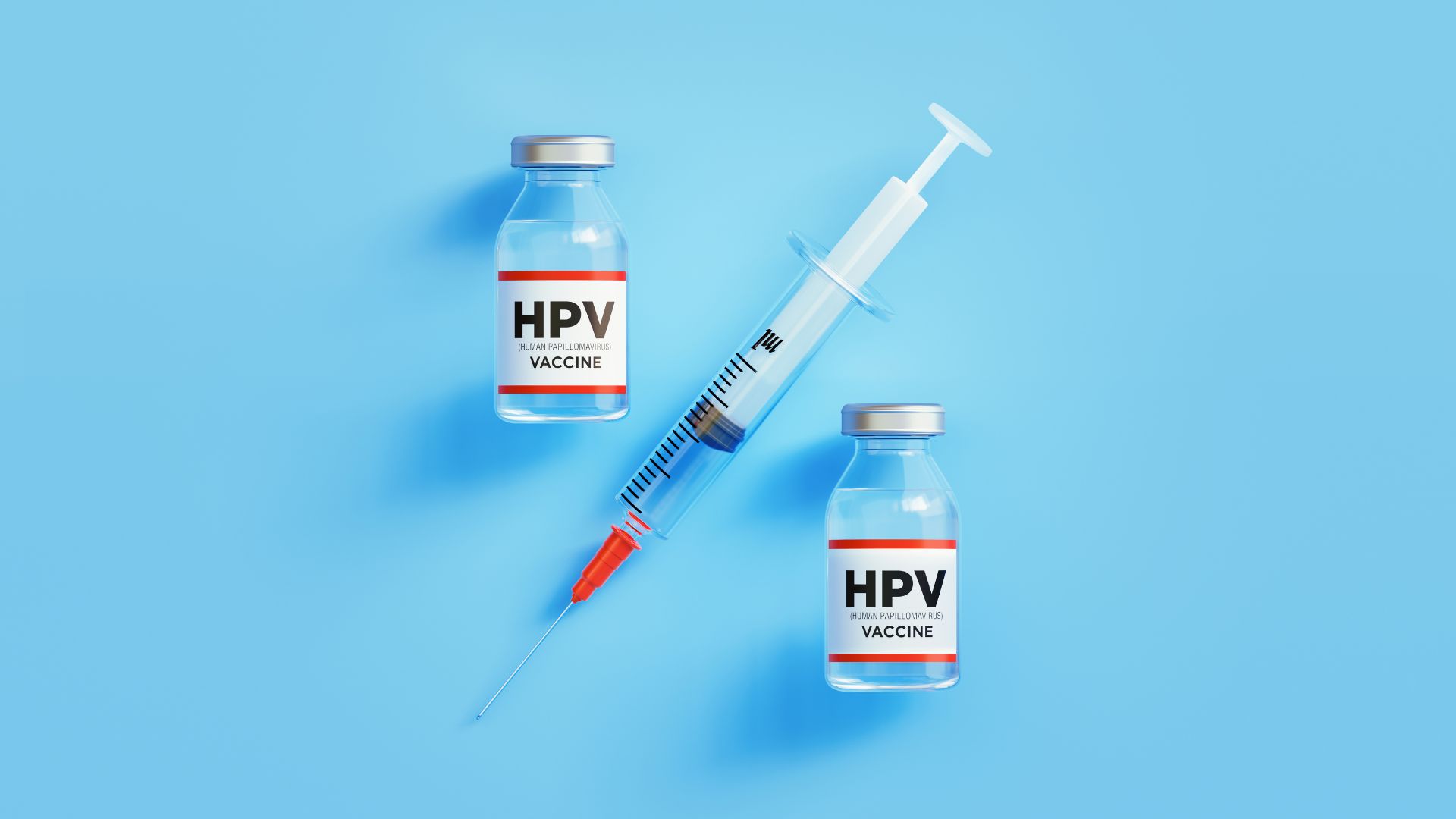Navigating pregnancy brings a whirlwind of joy, anticipation, and a fair share of health considerations. Among these, the Human Papillomavirus (HPV) stands out as a common concern for expectant mothers. With its prevalence in the reproductive age group, understanding the intersection of HPV and pregnancy is crucial for ensuring both maternal and fetal health.
HPV and Pregnancy
Human Papillomavirus (HPV) poses certain risks during pregnancy, though its impact varies. Being the most common sexually transmitted infection, HPV affects a significant number of individuals in the reproductive age group, making awareness crucial for expectant mothers. There are key areas to focus on to ensure the health of both mother and child.
Transmission Risks and Pregnancy Complications
HPV transmission can occur through skin-to-skin contact, with genital HPV types leading to potential complications during pregnancy. Such complications include an increased risk of preterm birth and the possibility of the mother passing the virus to the newborn, although this remains rare.
HPV Transmission During Pregnancy
Understanding HPV transmission during pregnancy is vital for safeguarding the health of both the mother and fetus. HPV, primarily transmitted through skin-to-skin contact, poses unique considerations for expectant mothers. While the virus can be passed from mother to child, transmission rates during pregnancy remain relatively low. Key transmission pathways include vertical transmission during delivery, wherein a baby may contract HPV when passing through the birth canal of an infected mother. However, it’s noteworthy that most infants exposed to HPV during birth do not develop HPV-related health issues.
Preventive measures, like screening for HPV and timely vaccination, are essential strategies in reducing transmission risks. Pregnant individuals diagnosed with HPV require close monitoring to manage the infection effectively and minimize potential health complications. Health professionals emphasize the importance of prenatal care that includes HPV screening to ensure both maternal and fetal well-being throughout pregnancy.
Treatment Options for HPV During Pregnancy
Treatment for HPV during pregnancy focuses on managing symptoms and monitoring the virus closely rather than eradicating it. Doctors often adopt a conservative approach, delaying some treatments until after childbirth to avoid risks to the fetus. Key treatment options include:
- Colposcopy for Abnormal PAP Smears: If a PAP smear test shows abnormal results, a colposcopy may be performed to closely examine the cervix, vagina, and vulva for signs of disease. It’s deemed safe during pregnancy and helps in the early detection of changes that might require postpartum treatment.
- Cryotherapy Postpartum: For external genital warts, cryotherapy, which involves freezing off the warts, is typically postponed until after delivery. This procedure effectively reduces HPV symptoms without affecting the pregnancy.
- Monitoring and Delaying Treatment: Given the potential for HPV-related changes to regress naturally postpartum, healthcare providers often recommend simply monitoring the HPV during pregnancy, delaying more invasive treatments until after childbirth.
Preventative Measures and Vaccinations
After addressing treatment strategies for HPV during pregnancy, it’s crucial to focus on preventative measures and vaccinations to reduce transmission and infection risks. Preventing HPV infection not only safeguards maternal health but also ensures fetal safety. Vaccinations play a pivotal role in this preventative strategy.
HPV Vaccination
The HPV vaccine, recommended for individuals ages 9 through 45, significantly decreases the risk of developing HPV-related complications. Pregnant women, however, should schedule HPV vaccination postpartum to avoid any potential risks to the fetus. The vaccine targets several HPV strains, notably those most commonly associated with genital warts and cervical cancer.
Regular cervical screenings, such as Pap smears, are essential for detecting HPV early in pregnant women. These screenings help in identifying any abnormalities that require close monitoring or treatment after childbirth.
Birth Options for Women With HPV
Navigating HPV during pregnancy requires a thoughtful approach to ensure both maternal and fetal health. With the right strategies, including timely screenings and appropriate treatments, women can manage HPV’s impact. Postpartum vaccination and adherence to safe sexual practices are crucial steps toward minimizing future risks. By prioritizing these preventive measures, women with HPV can look forward to a healthy pregnancy and a safe delivery.
